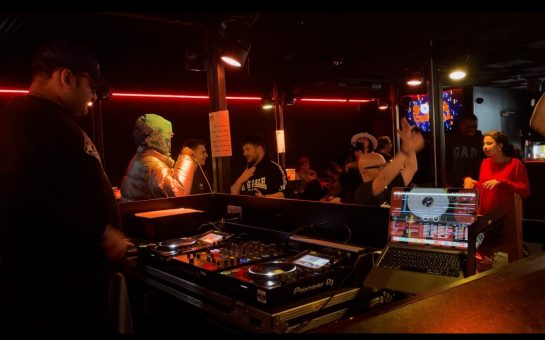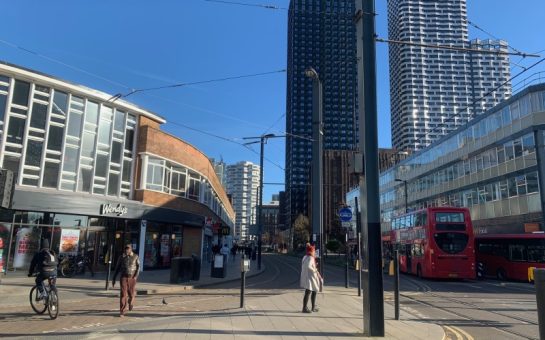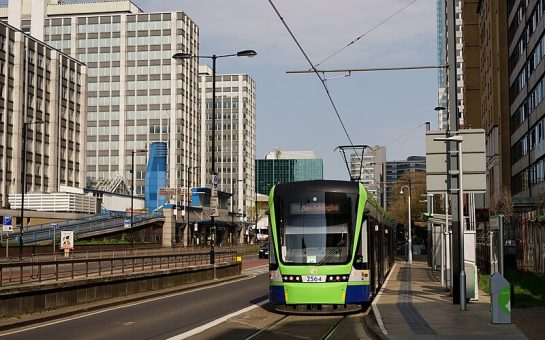By Lottie Limb
April 20 2020, 22.00
Follow @SW_Londoner
One of the UK’s youngest imams, a Croydon-based 25-year-old, believes the coronavirus is showing the community that strength is found in unity.
Adeel Shah is one of the UK’s youngest imams within the Ahmadiyya Muslim Community – an Islamic revival movement – having trained for seven years to earn the leadership position at the Jamia Ahmadiyya UK University in Surrey.
Adeel can still remember the ‘Our Father’ prayer, recited before every lesson at his Catholic secondary school.
To find common ground in other beliefs, and so become assets to their entire communities, young imams study comparative religion.
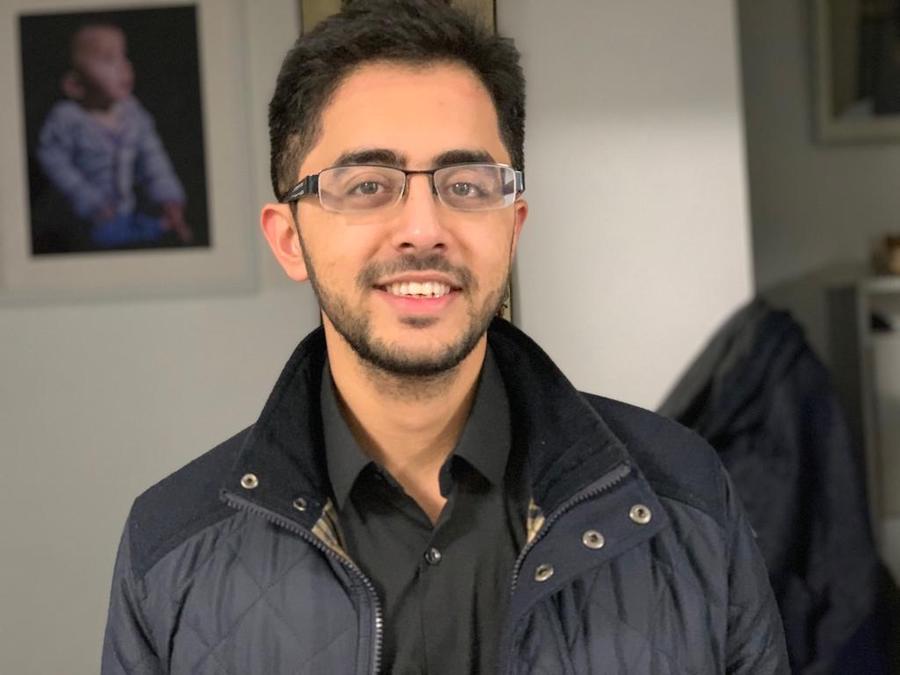
Describing his caliphate’s response to the Covid-19 crisis, Adeel turns to a key teaching of Islam.
“The Prophet Muhammed (peace be upon him) once gave a list. It was a long list and he says that if anyone fits into these criteria they qualify as being your neighbour,” he said.
“The people you travel with, the people who you eat with, the people who live 40 doors down from where you live, they all qualify.”
Beneficiaries of the Ahmadiyya caliphate’s care extend across the UK, with youth members now helping out their neighbours by grocery shopping, collecting prescriptions, or making friendly phone calls.
We thank our heroes who are working tirelessly – putting #HumanityFirst #PrayForHeroes – video courtesy of @itvmeridian | @UKMuslimYouth #Doctors #StayHome #SaveLives #SaveTheNHS pic.twitter.com/urlPD7EwZT
— Adeel Shah (@Adeelahmadshah) April 16, 2020
Adeel cites another Islamic teaching: “Loyalty and love to one’s nation is truly tested in a difficult situation.”
Following the swift closure of the mosques, Adeel’s family has been praying at home together.
“This gives us a chance to sit together, no phones in our hands, away from virtual reality and to speak to each other, to learn about the world together,” he said.
Although religious services are not happening online, various platforms are being used to take care of the community’s well being – from a photography club to PE classes for children.
With Ramadan due to start on April 25 (upon sighting of the new moon), Ahmadi muslims await guidance from His Holiness Mirza Masroor Ahmad about how best to navigate the lunar month of fasting, prayer and reflection.
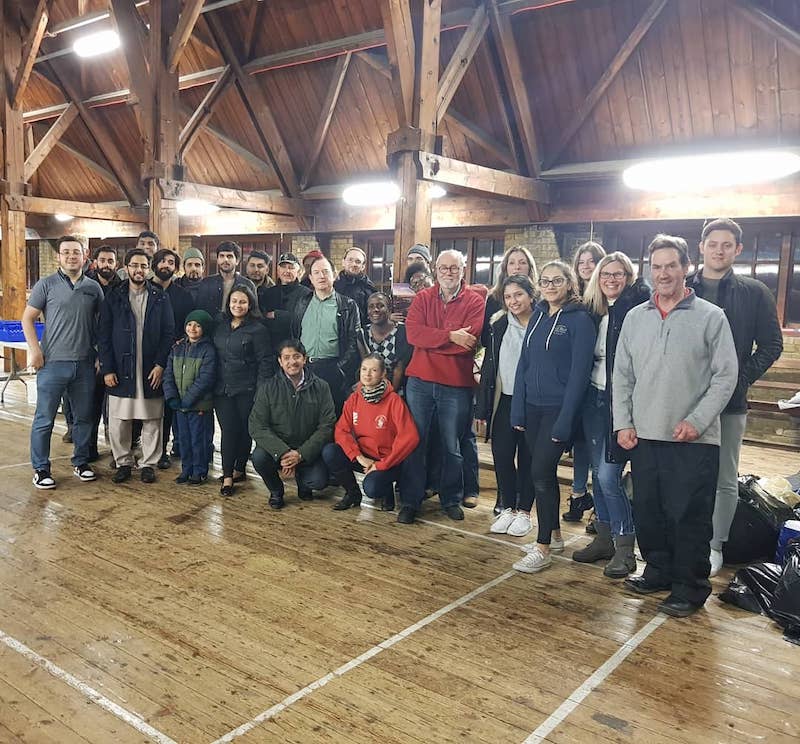
Iftar, the evening meal that signifies the breaking of the fast, would normally be held communally at the mosque.
The Baitul Futuh in Morden is Britain’s largest mosque, with a capacity of 13,000 and an open-door policy spelled out on one of the buildings: “Love for all, hatred for none.”
A gathering to celebrate Eid on May 23 looks highly unlikely.
But, as Adeel says: “A main purpose of Ramadan is to realise the difficulty people go through who don’t have as much as we do.
“I don’t think Coronavirus will affect that in any way.”
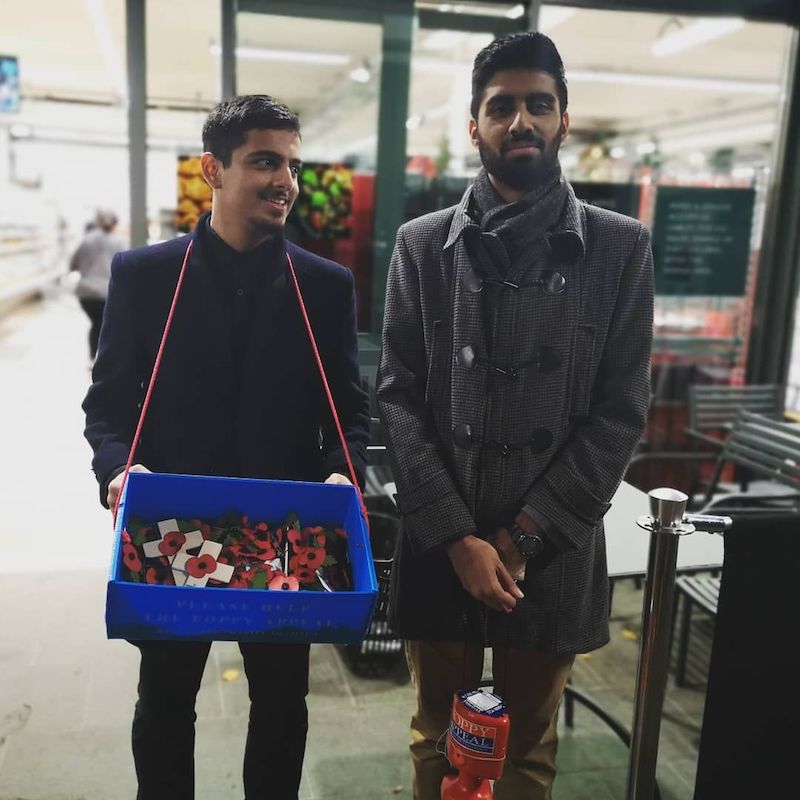
Adeel recalls Eids past, where his family would erect two gazebos outside the house, and cook up a feast for the whole street.
He’s been touched to see his multicultural street connecting during the pandemic, helping each other out via WhatsApp.
He said: “We live in a neighbourhood and sometimes we don’t even know who’s living next to us.”
The caliphate’s mission is to establish world peace, and Adeel takes a ‘pennies make pounds’ approach to social cohesion.
“I hope, when things get back to normal, that we can come back and value those things we took for granted. That we can return as better people within our societies,” he said.
“The coronavirus has taught us that – our strength is in unity.”
